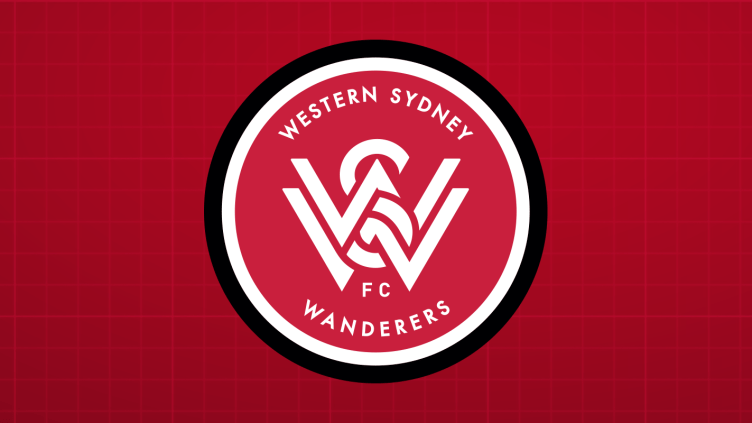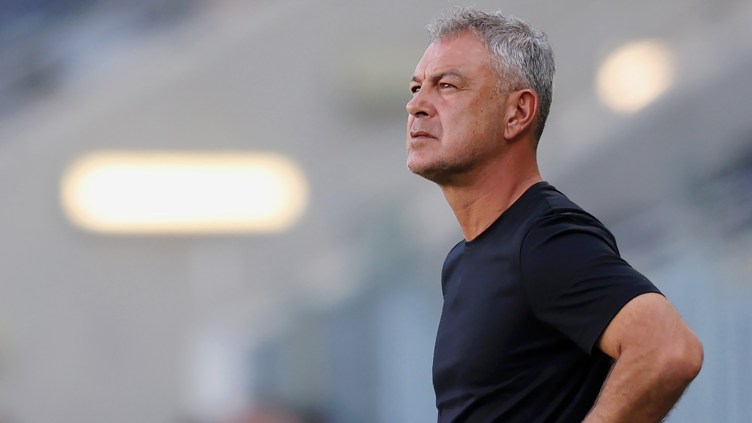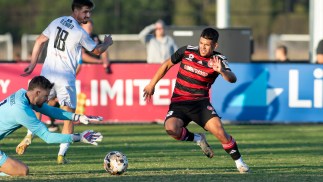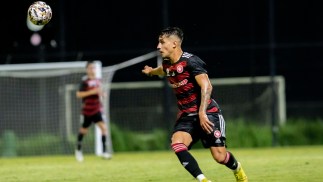The Western Sydney Wanderers have become one of the first Hyundai A-League clubs to have their Academy accredited with ‘2 star’ status.
Sydney FC, Western Sydney Wanderers FC, and Central Coast Mariners have become the first Hyundai A-League clubs to have their academies accredited with ‘2 Star’ status under a new Football Federation Australia (FFA) system designed to provide more high quality coaching to a larger number of talented players.
The accreditation comes as a result of the clubs’ academies meeting all the 2 Star criteria, including full integration into Football New South Wales’ PlayStation 4 National Premier Leagues (PS4 NPL) competitions.
FFA is working with all other Australian-based Hyundai A-League clubs and their respective Member Federations to attain 2 Star status for their club academies within the next two years. Melbourne City FC and Melbourne Victory are awaiting admission of more youth teams into Victoria’s PS4 NPL competitions next season to progress their applications. The next round of the accreditation process is now underway for Brisbane Roar FC, Newcastle Jets and Perth Glory.
FFA CEO David Gallop says 2 Star accreditation of the first three Hyundai A-League club academies is a landmark for football in Australia.
“The development of top tier club academies is a major focus of the 20 year Whole of Football Plan,” said Gallop.
“Over the past 10 years our player development path has been very narrow. The approach we have been working on for the past couple of years is to put our Hyundai A-League clubs and National Premier Leagues clubs at the heart of player development with support and guidance from the FFA and our Member Federations.
“We are now seeing this become a reality,” he said.
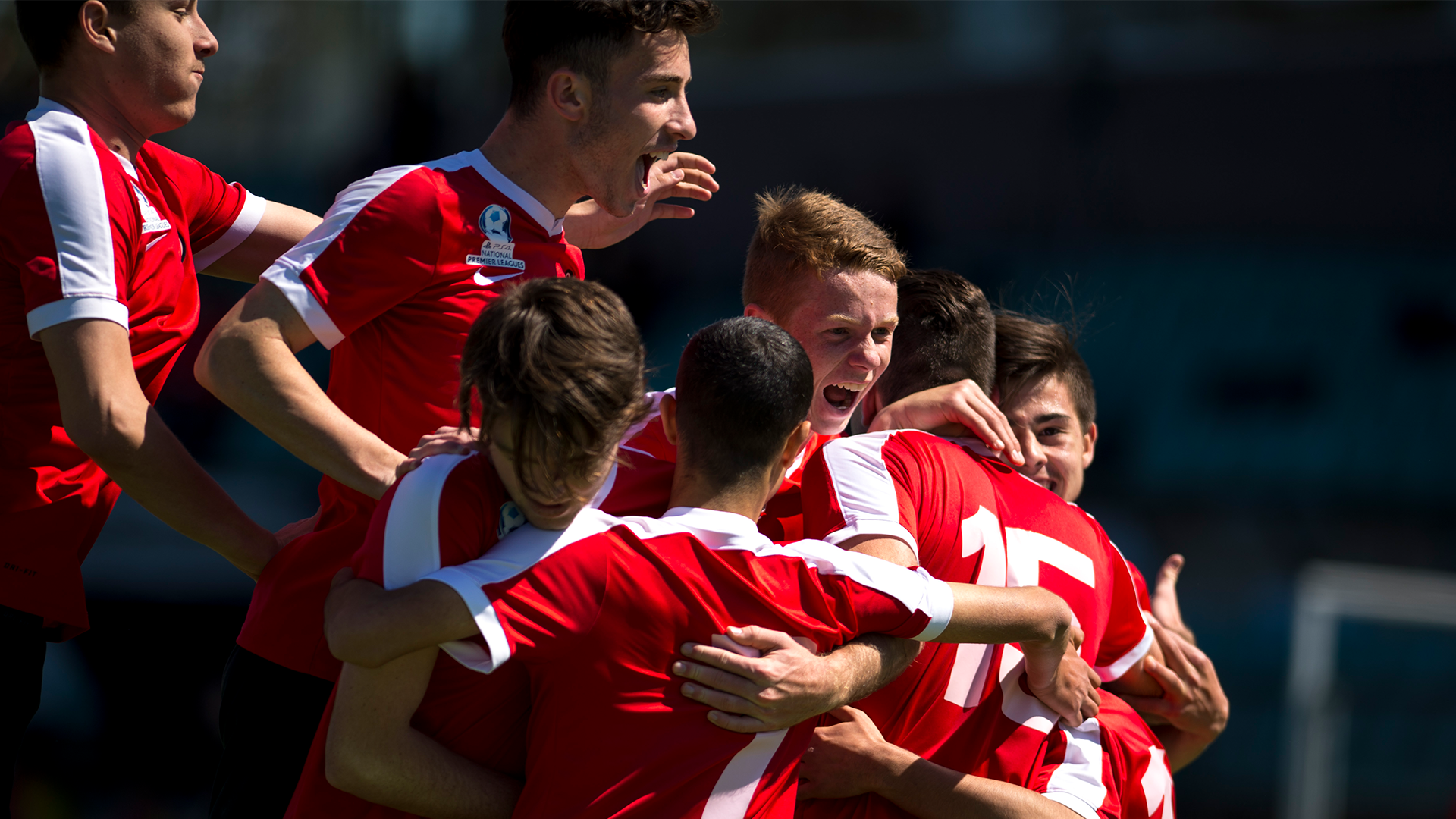
FFA National Technical Director, Eric Abrams, said the club academy accreditation system was open to any club, and awarded accreditation based on meeting different levels of criteria. 1 Star represents quality youth development, 2 Star represents best practise in Australia, and 3 Star represents world’s best practise.
Abrams said FFA was working with all Hyundai A-League clubs to transition them to achieve 2 Star academies within the next two years.
“Clubs have the best incentive to develop quality players,” Abrams said. “A club-based academy system enables players to train and play closer to home. We believe it is also important that every young player identifies themselves with a club.”
“Under this system, NPL clubs with club academies that meet the national criteria can be a part of the “best of the best” in Australia in the future, supported by FFA and the Member Federations. Accreditation of female club academies are also planned.
“Over time you will see a higher number of players coming through this pathway, all of them benefiting from high quality football training and competition delivered in a quality coaching environment.”
The new club academy accreditation system is just one of the initiatives being pursued by FFA and its Member Federations to develop players.
During 2016/17, 2,668 coaching accreditations were issued – an 80% increase from 2015/16. This means Australia now has a total pool of 5,500 accredited coaches.
FFA also commenced a pilot program with Westfield Sports High in New South Wales to provide additional training for potential talented players supplementing club sessions. The program targets players (boys and girls) from years 9-12 and is an important part of FFA’s strategy to create elite training environments and increase the number of football hours, a critical aspect in the development of elite players.
FFA is in the process of identifying further schools across Australia in partnership with Member Federations.
